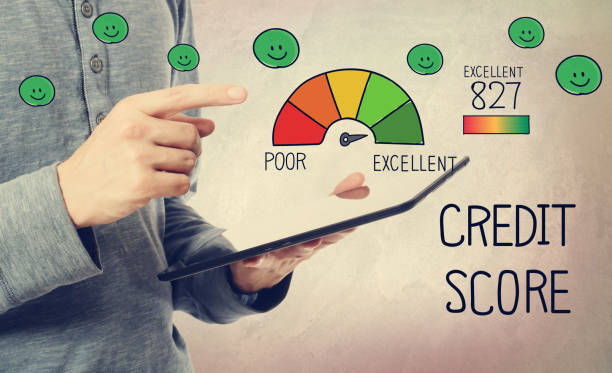Your credit score is your reputation in terms of money. Banks and lenders use it to determine if they can trust you with a loan or a credit card. The higher your score, the more likely you are to be approved and get a lower interest rate. But here’s the catch: your score can still drop even if you think you’re doing everything correctly.
Sometimes, it is not about late EMIs or unpaid credit card dues. Small, unwitting steps can insidiously ruin your credit score over a period of time.
Let’s talk about five frequent blunders that can decrease your credit score without you even noticing.
1. Paying the Minimum Due on Your Credit Card
We’ve all done it. You receive your credit card statement, and the figure is frightening. But then you notice that small line that says “Minimum Due: ₹1,500.” So you pay that, feeling like you’ve done your duty. The trick is, paying only the minimum does not pay off your entire balance. Interest begins accruing on the balance remaining, and eventually, it becomes a strain. Also, if you have the habit of only paying the minimum, it alerts the bank that you may have a problem paying your debt. This negatively affects your credit score in the long term.
Tip: Try to pay the full amount, or at least more than the minimum due.
2. Closing Old Credit Cards
Many believe that it is a good idea to close credit cards that are old or not used. It cuts the temptation to spend, right? Sure. But it may damage your credit score too.
Here’s why: some of your score is based on how long you’ve had credit. The longer, the better. Closing an old card shortens your credit history.
Additionally, closing a card lowers your overall credit limit. This raises your credit utilisation ratio (the amount you’re using versus your total limit), which may bring down your score.
Tip: Leave old cards open, particularly if they don’t have annual fees.
3. Applying for Too Many Loans or Cards at Once
We understand. You might occasionally need to shop around for better deals or snag a sign-up bonus. But taking out several credit cards or loans in a hurry can work against you.
Every time you apply, the lender draws your credit report—this is a hard inquiry. Having many hard inquiries in a short time can make you appear credit-hungry or financially desperate.
Even if you do become approved, your credit score will slightly decline. If you are denied, it is worse.
Tip: Leave space between credit applications. And don’t apply for the fun of applying.
4. Not Checking Your Credit Report Regularly
At times your credit score falls due to mistakes on your report. Perhaps a long-purged loan appears unpaid despite your clearance, or another individual’s loan got attached to your PAN incorrectly.
Unless you monitor your report frequently, these errors are not detected and continue to lower your score.
The better news? You can view your credit score and report for free online in many places. Look for incorrect information or accounts you don’t recognize.
Tip: Monitor your report every few months. If you see a mistake, file a dispute with the credit bureau as soon as possible. Always remember to run a credit score check and maintain a good score.
5. Ignoring Small Dues or Forgotten Payments
You settled your loan. Good. But you had not paid that last Rs. 250 processing charge when it was due. Or perhaps you delayed one EMI on a small loan for a consumer durable.
These little fees don’t sound like a lot, but they’re reported. One late payment can hurt your credit record. And if it remains unpaid, it keeps damaging your score.
They also overlook joint accounts or co-signed loans. If the other individual defaults, your credit is affected as well.
Tip: Monitor all of your accounts. Remind yourself. And ensure you clear even a tiny pending balance.
Bonus: Relying on Just One Type of Credit
This one’s not an error per se, but it can cut into your score. A good mix of credit, such as having a credit card and a personal loan—can help enhance your credit record. It demonstrates to lenders that you’re capable of managing various forms of credit responsibly.
If you have only a credit card or only one loan, your credit history may not be varied enough.
Tip: You don’t have to borrow just for your score. But a diversity of credit types over time can benefit.
Final Thoughts
Your credit score is not all about major missteps. It’s influenced by tiny habits and decisions. Making minimum payments, canceling old accounts, taking on too much credit, or neglecting small dues—any of these can slowly lower your score.
The good news? Once you know, you can steer clear of these pitfalls.
Check your credit report every few months. Pay your dues in time. Don’t panic and use credit, but use it sensibly.
